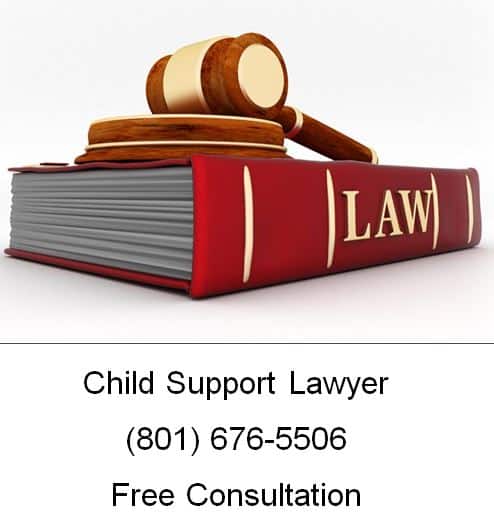Once a child support order or agreement is in place, the payment amount may be increased or decreased under certain circumstances. If a parent’s earning ability or a child’s financial needs have changed – that could conceivably be enough to trigger a modification. The following resources provide child support modification tips, reasons to modify a child support order and related information. Child Support Modification Tips – Advice for how to obtain a modification of a child support order, such as acting quickly when your income changes. Modification of Child Support Orders FAQ – Answers to frequently asked questions pertaining to child support modifications.
How Do States Calculate Child Support?
Each state has different formulas they use to calculate child support. Child support is formulated at the state level, but some federal guidelines exist under the Child Support Enforcement Act. Because each state sets up its own child support system, there is considerable variation between states in how they calculate child support. However, most states evaluate the following criteria at a minimum based upon the financial needs of the child, including education, day care, insurance or any special needs, the income and needs of the parent with custody of the child, the income and ability to pay of the parent who is paying child support, and the child’s standard of living before any separation or divorce (although court’s typically understand that it is difficult to maintain the same standard of living).
How Do I Get Child Support?
You can apply through the local, state or tribal child support office. Usually, applying to your local child support agency is most effective; however, you have the right to apply to another tribunal if that will result in service that is more efficient. The contact information for state child support agencies can be found in online.
How Can I Enforce a Child Support Order?
Most local child support offices handle enforcement in different jurisdictions of the same state without your having to travel outside your own jurisdiction. Ask your local child support office for details about how enforcement would work in your case.
What To Do When the Parents Live in Different States
When parents or guardians live in different states, a child support case can be opened at the local child support agency where one of the parents lives. The local child support agency with either enforce the child support order or ask the other state or county for help. The Uniform Interstate Family Support Act is a federal law that tells us how to make and enforce child support obligations when both parents do not live in the same county or state. Federal law requires states to cooperate with each other to establish and enforce support orders.
A Child Support Lawyer Can Help
Issues regarding child support can be complicated for both parents. A child support attorney with experience in this area of the law can make things easier to understand by explaining the rules, regulations, and steps involved with enforcing or complying with child support orders and making or receiving child support payments. This legal professional will also ensure that child support rights are adhered to, safeguarding the rights of children to benefits and education in a public institution. Consider contacting a child support attorney in your area today.
Free Consultation with Child Support Lawyer
If you have a question about child support or if you need to collect back child support, please call Ascent Law at (801) 676-5506. We will help you.
8833 S. Redwood Road, Suite C
West Jordan, Utah
84088 United States
Telephone: (801) 676-5506
Recent Posts
Avoiding a Contentious Divorce
Does the Business Pay Lawyers Fees?
Does Bankruptcy Affect Divorce?
Baby Boomers Have the Most Divorces
via Michael Anderson https://www.ascentlawfirm.com/child-support-laws/


No comments:
Post a Comment